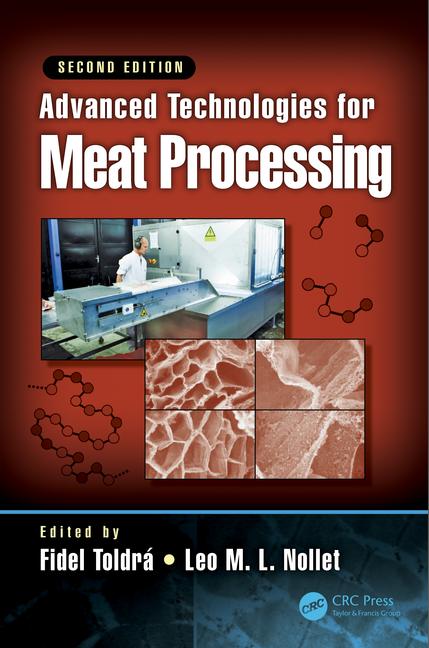Dow co-sponsors “Energy Bag” Pilot Program for plastic waste

Every day, Americans generate over four pounds of waste per person. Despite the proliferation of recycling programs during the past three decades, more than half of all U.S. trash (135 million tons) still ends up in landfills. Through a collaborative effort to explore an alternative for plastic waste, The Dow Chemical Company co-sponsored the Energy Bag Pilot Program which demonstrated that certain plastics like juice pouches, candy wrappers and plastic dinnerware that are not easily recyclable under traditional models, can be converted into synthetic crude oil for fuel.
The Program:
Dow, along with the Flexible Packaging Association, Republic Services, Agilyx, Reynolds Consumer Products and the city of Citrus Heights, Calif. joined forces during the course of 2014, to drive a collection pilot program intended to divert non-recycled plastics from landfills and to optimize their resource efficiency across the lifecycle. From June to August, approximately 26,000 households in Citrus Heights were provided with purple bags – known as “Energy Bags” – in which participants were asked to collect plastic items not currently eligible for mechanical recycling, so they could instead be diverted from the landfill and converted into energy. Collected items included juice pouches, candy wrappers, plastic pet food bags, frozen food bags, laundry pouches, and plastic dinnerware.
The purple Energy Bags were collected from homes during the community’s regular bi-weekly recycling program, sorted at the recycling facility and sent to a plastics-to-energy plant. Using their patented thermal pyrolysis technology, which is complementary to current mechanical recycling programs, Agilyx converted the previously non-recycled plastics into high-value synthetic crude oil. The crude oil can be further refined and made into valuable products for everyday use such as gasoline, diesel fuel, jet fuel, fuel oil, lubricants, and can even be transformed back into plastic.
“We were extremely excited to work with all the partners involved on this first-of-its-kind pilot in the U.S,” stated Greg Jozwiak, North American commercial vice president, Dow Packaging and Specialty Plastics. “Through the power of this collaboration, we gained significant knowledge regarding an alternative method that complements plastics recycling and shows that non-recycled plastic waste can be diverted from landfills, extracted for its embedded energy and put to good use. There is more work to be done to validate this option and Dow is committed to help drive this concept.”
The Results:
Due to the commitment and support from the citizens of Citrus Heights, the results of the pilot show the potential for positive, long-term environmental results, including less landfill trash, more local energy resources and less fossil fuel energy dependence.
During the three-month program, there were six collection cycles resulting in:
· Nearly 8,000 purple Energy Bags collected
· Approximately 6,000 pounds of typically non-recycled items diverted from landfills
· 512 gallons of synthetic crude oil produced from the conversion
· 30 percent citizen participation
· 78 percent of citizens said they would be likely to participate if given another chance
“We were very proud to be the first community in America to participate in the Energy Bag initiative,” said Citrus Heights Mayor Sue Frost. “The program demonstrated how communities nationwide can benefit by diverting typically non-recycled plastics from landfills and give them new life as an energy resource.”
There are currently four commissioned commercial-scale pyrolysis plants operating in the U.S. with more planned. There are also numerous plants outside the U.S.
“This is an important milestone toward advancing change in the way we handle waste in the U.S.,” commented Jeff Wooster, global sustainability leader, Dow Packaging and Specialty Plastics. “This pilot proved that resource recovery of non-recycled plastics is a viable municipal process. Our collaborative efforts brought us one step closer to reducing plastic waste by converting it to energy.”
Learn more about the program and the impact it had on the Citrus Heights community visit the Energy Bag webpage.
Looking for a reprint of this article?
From high-res PDFs to custom plaques, order your copy today!







